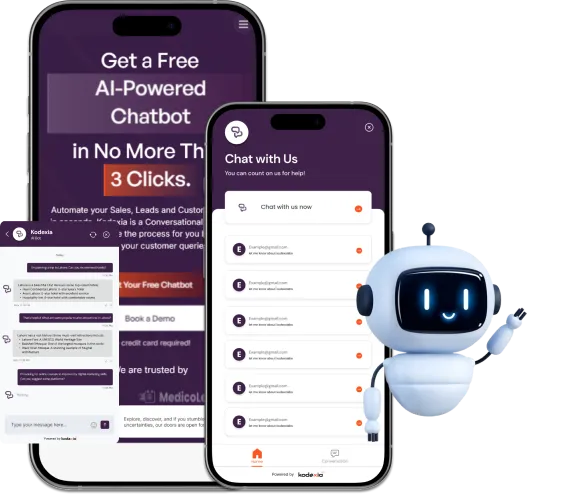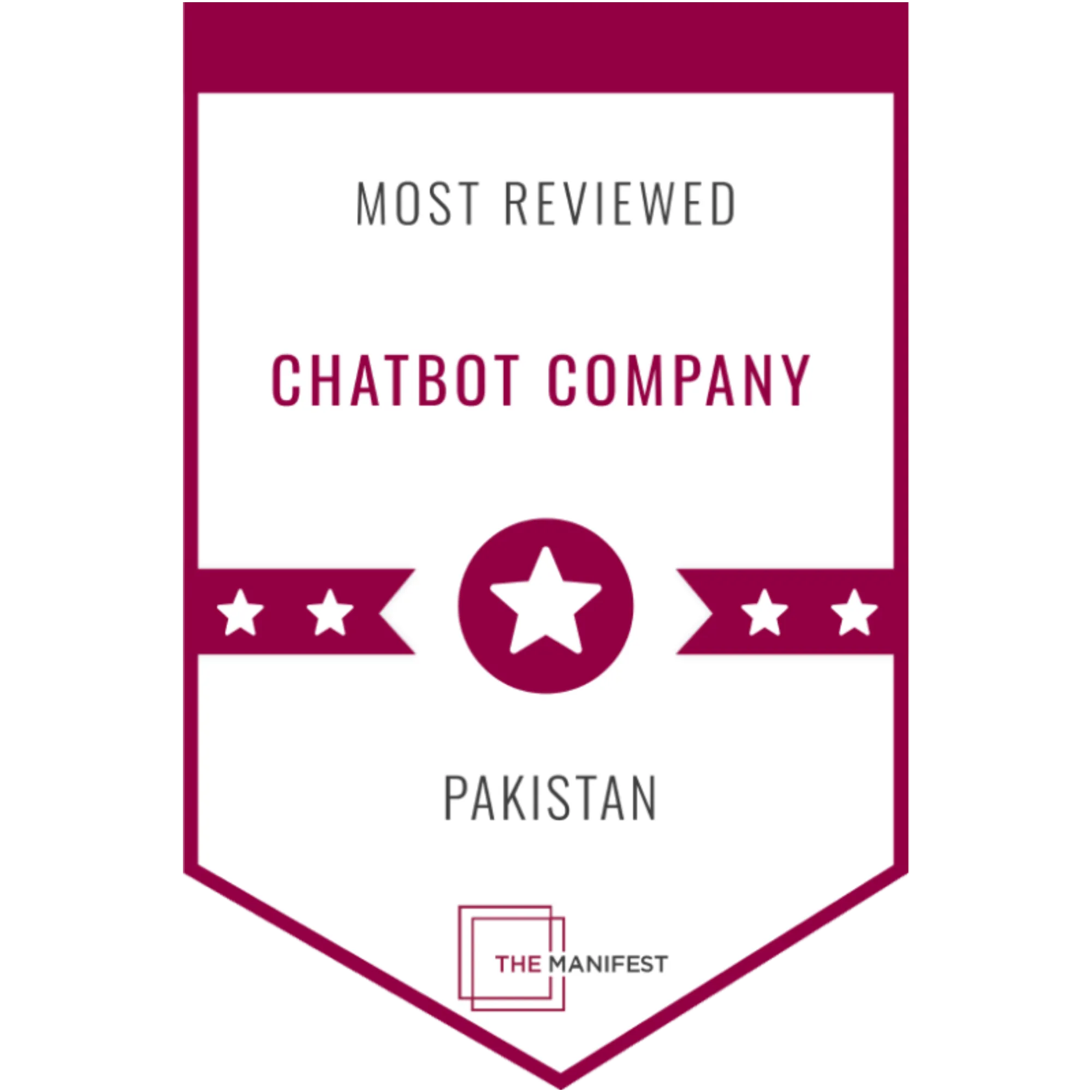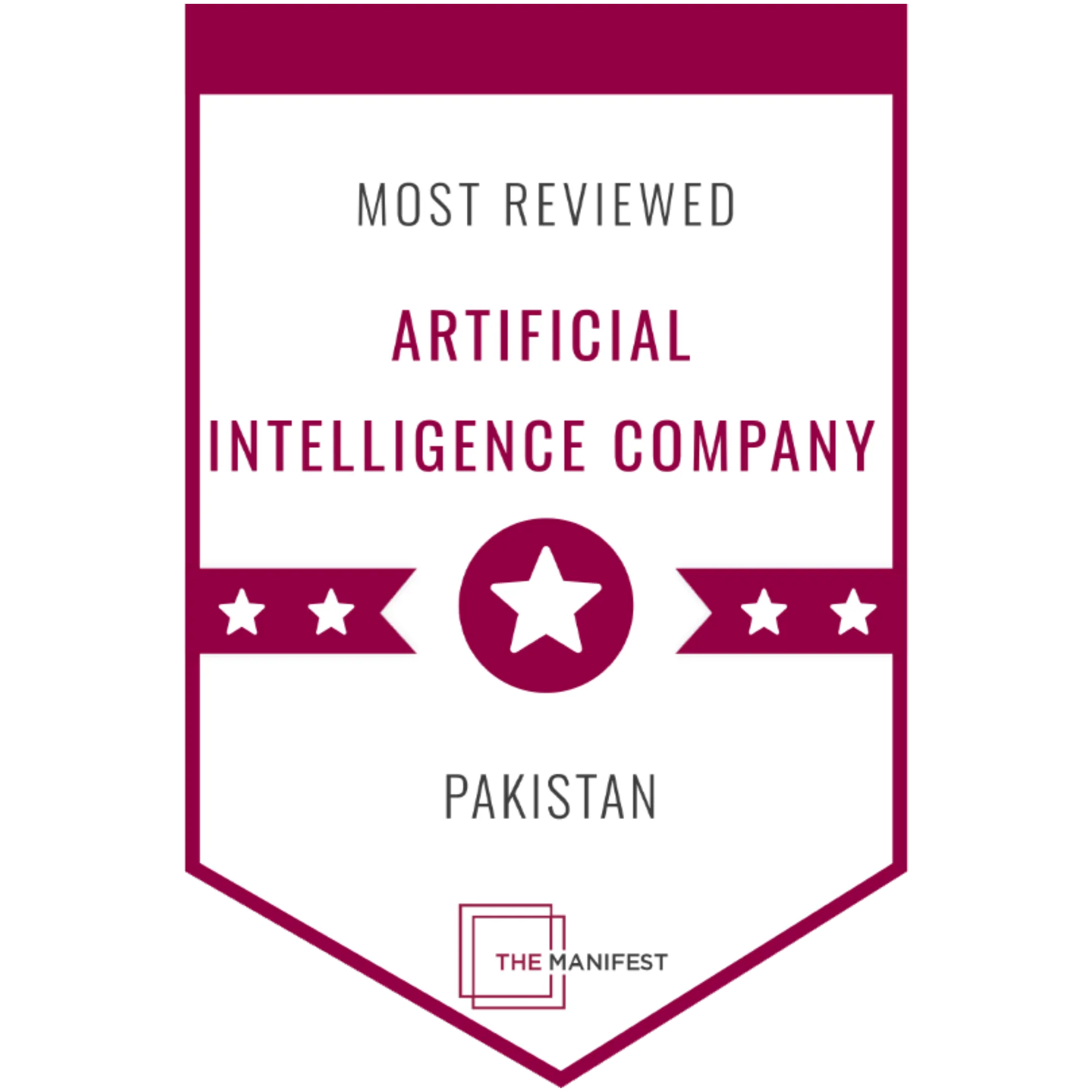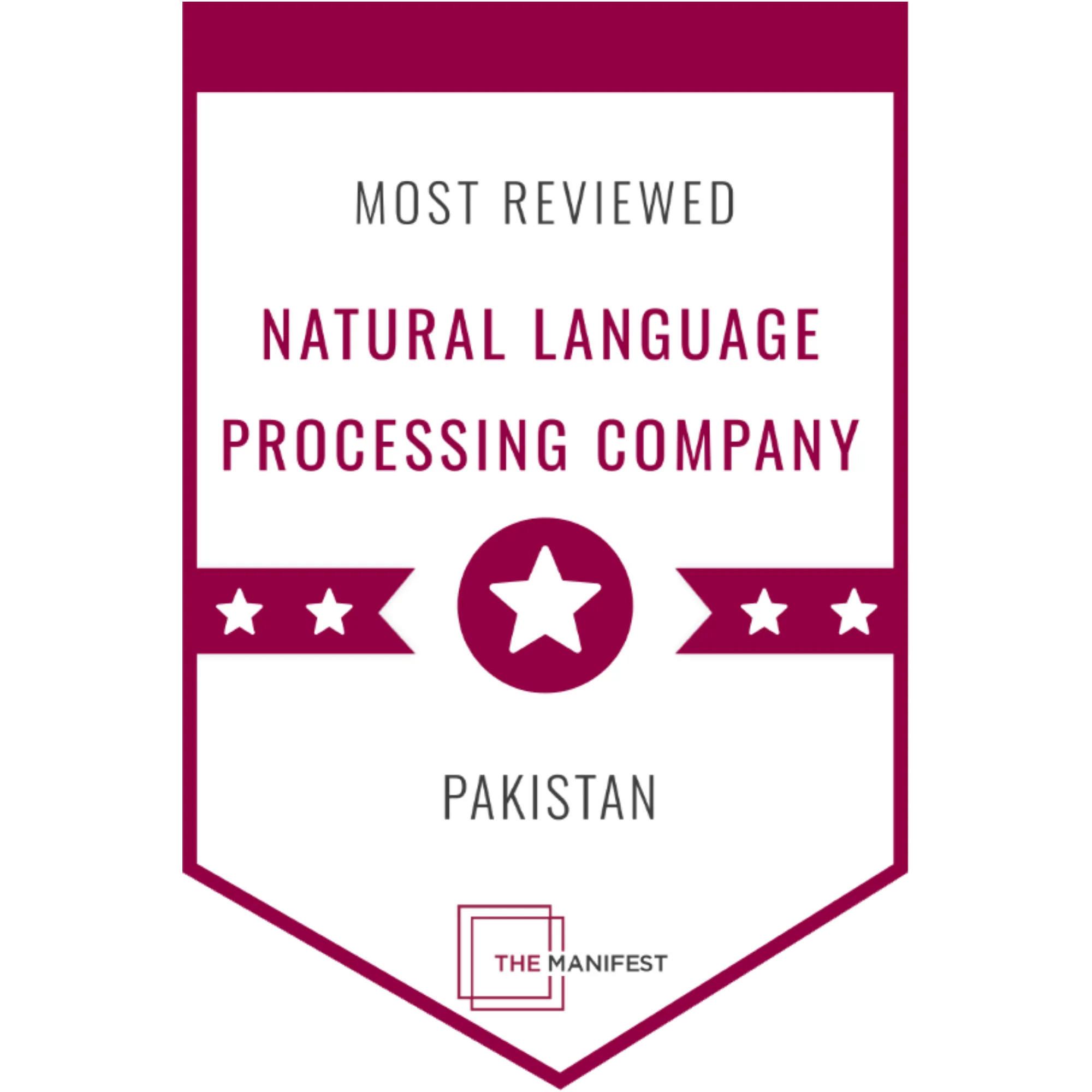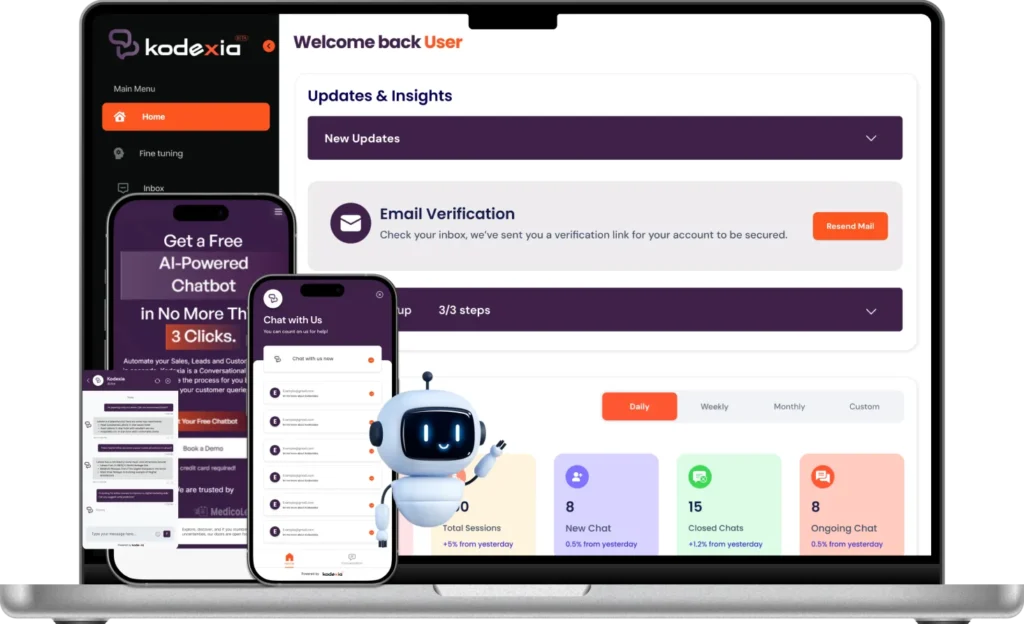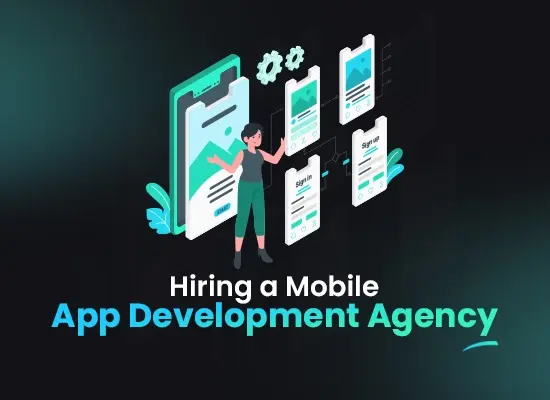
Contents
A custom mobile application development agency acts as your tech partner, turning your unique business idea into a reality. They design and build an app specifically for your needs, boosting customer engagement, streamlining operations, and giving you a competitive edge in the mobile world.
What is Mobile App Development?
The process of planning, building, and managing software applications that are customised to meet the unique demands of a given company or user base for an operating system compatible with a smartphone, is known as “mobile app development.” While off-the-shelf programmes provide a one-size-fits-all solution, custom apps are created from the ground up to meet specific needs in terms of functionality, user experience, and integration.
The design phase of the development process involves conceptualising the layout, user interface (UI), and user experience (UX) of the application after a thorough examination of the business demands and objectives. The application is then created by developers using a variety of programming languages and frameworks, making sure it complies with the original blueprint and requirements.
Platforms for which custom mobile apps can be written include iOS, Android, and cross-platform programmes that function on more than one operating system. This adaptability enables companies, based on their strategy, to target a wider audience or concentrate on certain user groups.
Integration with current company systems, such as CRM, ERP, or e-commerce platforms, is a significant benefit of developing custom mobile apps. This smooth connection offers a unified user experience and improves operational efficiency.
To ensure regulatory compliance and secure sensitive data, custom mobile apps frequently incorporate strong security features suited to the unique data protection requirements of the company. After launch, many apps need regular upkeep and updates to stay safe, functional, and in line with changing company objectives.

12 Reasons Why You Need Your Mobile Application Development:
Assessing the necessary requirements for creating a mobile app for a company requires careful planning and deliberation. The following is a set of instructions to aid companies in evaluating their needs for developing a mobile application.
1- Establish Business Goals:
Clearly define the objectives the business wants to accomplish with the app. This may involve improving customer satisfaction, streamlining operations, expanding into different markets, or boosting revenue.
2- Know Your Audience:
Conduct research to comprehend the target audience’s requirements, interests, and challenges. Understanding the needs of the final customers can influence the characteristics, layout, and technology used for the application.
3- Competitive Analysis:
Investigate the actions of rivals. Studying rival applications can offer valuable information on successful features and areas where your app could improve.
4- Identify App Functionality and Features:
Make a list of the necessary features your app requires, considering the business goals and user research. Rank these features according to user requirements and business objectives.
5- Select the Appropriate Platform:
Make a decision on whether to create the app for iOS, Android, or both, depending on the preferences and location of your target audience. Additionally, think about which type of app – native, web, or hybrid – is most suitable for your requirements.
6- Take into Account Compliance and Security:
It is essential to consider regulatory compliance (such as GDPR for European users) and put in place strong security measures based on the industry and type of data the app will manage.
7- Evaluate Technical Needs:
Evaluate the technical needs, including connections to current systems, utilization of device features (GPS, camera), and capacity for offline use. This will have an impact on both the complexity and cost of developing the app.
8- Financials and Assets:
Assess the allocated budget for the development of the app, covering design, development, testing, deployment, and continual maintenance. Think about using resources within your company or hiring a specialized app development agency for the project.
9- Timeline for Development:
Create a practical schedule for developing the app, taking into account the app’s complexity, resource availability, and business priorities.
10- Revenue Generation Plan:
If the app is meant to make money, choose the monetization strategy (for example, in-app purchases, subscription model, ads).
11- Post-Launch Strategy:
Prepare for app upkeep, gathering user feedback, and making continuous updates to maintain app usefulness and enhance user satisfaction.
12- Success Metrics:
Establish KPIs to evaluate the app’s success after it has been launched, including engagement levels, retention rates, and revenue produced.
By carefully following these steps, companies can thoroughly assess their requirements for mobile app development and lay the groundwork for a successful app that supports their strategic objectives.
Researching for the Best Mobile Application Development Agencies?
Below is a compilation of four mobile application development platforms that provide distinct features for developers interested in building personalized mobile apps:
1- Kodexo Labs:
Kodexo Labs is a committed group of professionals, tasked with leveraging AI and machine learning development to propel growth, efficiency, and innovation for companies in a range of sectors. Here, the implementation of AI and Machine Learning for mobile application development are emphasized as per client’s need and requirement in order to provide them with excellent outputs.
2- Flutter:
Flutter is well-known for its capability in enabling developers to create natively compiled applications for mobile, web, and desktop using just one codebase. Its hot reload feature is famous for allowing developers to quickly see the impact of code changes. Flutter provides a wide range of customizable widgets that can be tailored to create visually appealing and highly responsive applications.
3- Apache Cordova:
Apache Cordova is well-known for its capability to develop hybrid applications, enabling developers to utilize web technologies such as JavaScript, HTML, and CSS. Apache Cordova is especially beneficial for individuals wanting to create apps for various platforms with one codebase, without requiring extensive knowledge in mobile programming languages. It is compatible with several operating systems and seamlessly connects with different libraries, improving the development procedure.
4- Ionic Framework:
Ionic Framework is known for utilizing web technologies to create apps that can run on multiple platforms, making it a great option for web developers wanting to get into mobile app development. Ionic enables the creation of top-notch mobile and web apps from a unified codebase, thanks to its extensive collection of plugins and dedicated community support. The framework is especially known for its easy-to-use UI elements, which simplify the process of developing apps.
5- Buildfire:
Buildfire offers a drag-and-drop interface that is easy to use for both experienced developers and beginners, serving as a no-code solution. It facilitates the creation of apps for iOS and Android, providing functionalities such as app security, pre-made connections, and the capability to effortlessly track modifications and incorporate new elements. Buildfire is perfect for individuals who want to make personalized apps without needing advanced coding skills.
6- Schedule Interviews & Request References:
Shortlist a few top contenders and schedule in-depth interviews. Discuss your project in detail, ask about their team structure, and request references from past clients. Talking to previous clients can offer valuable insights into the agency’s work ethic, communication style, and ability to deliver projects on time and within budget.
7- Review Contracts & Sign with Confidence:
Carefully review the final contract before signing. Ensure it clearly outlines project scope, timelines, deliverables, app development costs, and payment schedules. Hiring the right android app development agency is an investment in your app’s success. By following these steps, you’ll increase your chances of finding a partner who aligns with your vision and delivers a high-quality, user-friendly Android app.
04 Easy Ways to Evaluate Mobile Development Agency Portfolio and Experience:
Evaluating the portfolio and experience of a mobile development agency involves several critical aspects that can help you make an informed decision. Here are four easy ways to assess their capabilities:

a- Technical Proficiency and Project Complexity:
Look for evidence of the agency’s technical skills by examining the complexity of the projects in their portfolio. Projects that feature advanced functionalities, such as e-commerce capabilities, custom integrations, or complex back-end systems, indicate a high level of technical proficiency.
b- User Experience and Design Principles:
Assess the agency’s understanding of user experience (UX) and design principles by examining the usability, layout, and aesthetic appeal of the apps in their portfolio. Apps that are easy to navigate, have intuitive layouts, and feature a visually appealing design demonstrate the agency’s ability to create engaging and user-friendly applications.
c- Responsiveness and Performance:
With the increasing use of mobile devices, it’s crucial to ensure that the agency can create apps that are responsive and perform well across different devices and screen sizes. Check for evidence of responsive design in their portfolio and consider the loading times and overall performance of their applications.
d- Client Feedback and Collaboration:
Lastly, consider the agency’s approach to client collaboration and communication. While this may not be immediately evident from their portfolio, you can look for case studies or client testimonials that speak to the agency’s ability to work closely with clients, understand their needs, and deliver projects that meet or exceed expectations.
By considering these four aspects when evaluating a mobile development agency’s portfolio and experience, you can gain a comprehensive understanding of their capabilities and ensure that you choose an agency that is well-suited to your project needs.
5 Easy Ways to Budgeting and Cost Considerations for Mobile Application Development:
Budgeting and cost considerations for mobile application development are crucial for ensuring the project aligns with your financial capabilities and business goals. Here are 5 easy ways to approach budgeting for your mobile app:
1- Understand Your Business Affordability and App Goals:
Begin by evaluating what your business can afford and defining the primary goals of your app. This will help you prioritize features and allocate resources more effectively. Whether your app aims to improve customer engagement, increase sales, or enhance brand visibility, understanding these objectives will guide your budgeting process.
2- Research and Analyse Your Competitors:
Investigate the features and functionalities of your competitors’ apps. This can offer insights into essential features and potential areas for differentiation. While competitors don’t need to be from the same industry, analysing apps with similar functionalities can provide valuable budgeting insights.
3- Decide on Development Resources and Team Structure:
Your choice of development resources—whether an app development company, freelancers, in-house developers, or contractors—will significantly impact your budget. Factors such as the team’s location and specialization also play a crucial role due to varying labour rates and expertise levels.
4- Feature Selection and Prioritization:
Focus on selecting and prioritizing features that offer the most value to your users. While advanced features like machine learning, geolocation, and API integrations can enhance your app’s functionality, they also increase development costs. Adopting a Minimum Viable Product (MVP) approach can help manage costs by initially focusing on core features and gradually adding more based on user feedback.
5- Plan for Post-Launch Costs:
Don’t overlook the ongoing costs associated with maintenance, updates, and customer support. Regular updates are necessary to adapt to new OS releases and incorporate user feedback. These post-launch expenses should be factored into your overall budget to ensure the app’s long-term success and relevance.
For a more detailed breakdown of mobile app development costs and budgeting strategies, you can refer to comprehensive guides provided by Clutch.co, itCraft, and Topflightapps.com.
Why Choose Kodexo Labs for your Mobile App Development Experience?
Businesses may opt for Kodexo Labs for mobile app development because of our expertise in advanced AI software development, which turns business problems into user-friendly solutions. Our team uses research-based methods and advanced technologies to develop custom solutions that cater to unique business needs, giving them a competitive advantage in the market. Contact us right away if you have a project to discuss.

Conclusion:
Mobile Development has found its significance and made it through the top into the technical digital world. We have defined easy ways for our readers to obtain the best output related to mobile application development. Apps improve user experiences by providing designs specifically created for mobile devices, offering features that websites cannot replicate. This degree of customization and ease not only increases user involvement but also helps in nurturing brand loyalty. Additionally, in a competitive market, having a mobile application can give a substantial advantage, making it nearly essential for businesses looking to succeed in the digital environment.

Author Bio
Read More Blogs


Why Do You Need OpenAI Sora for Your Videos?


